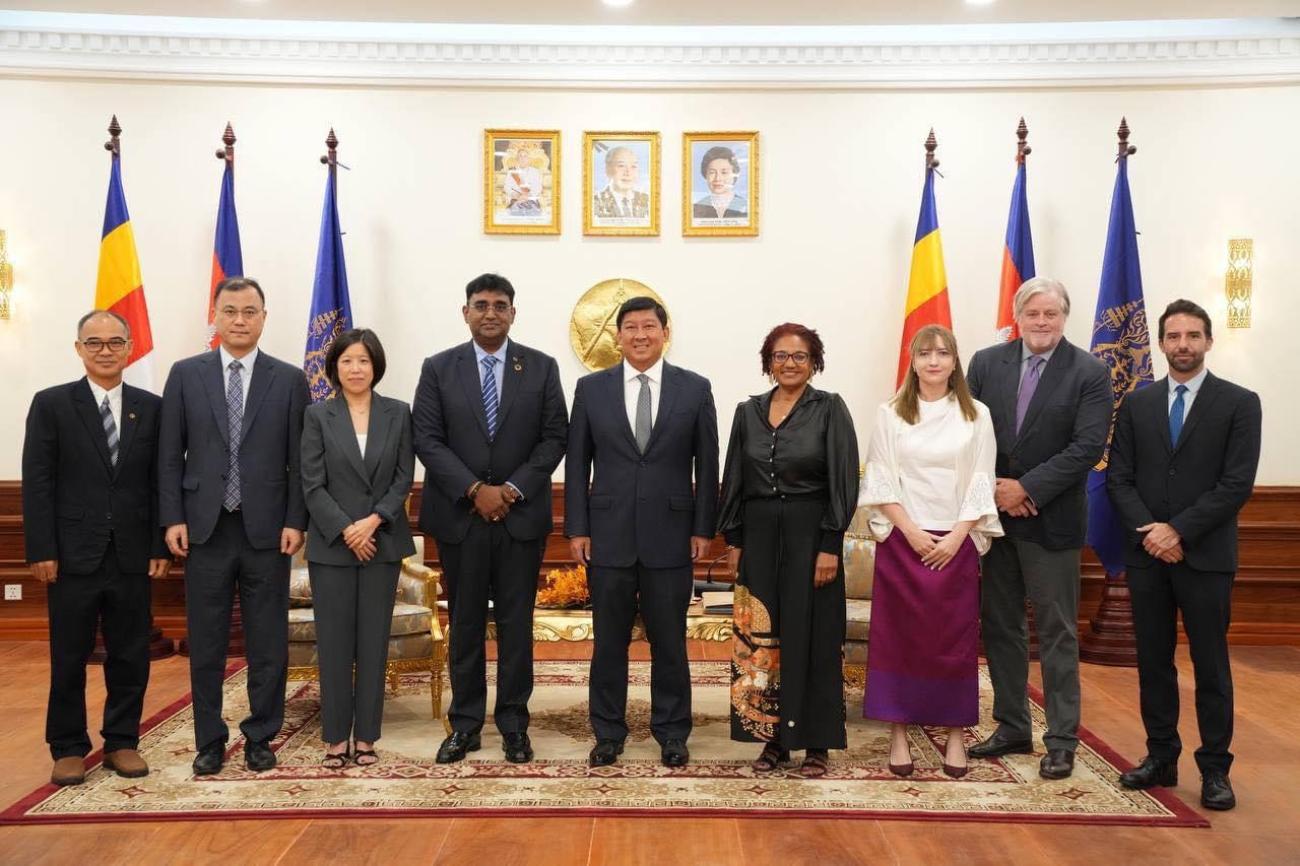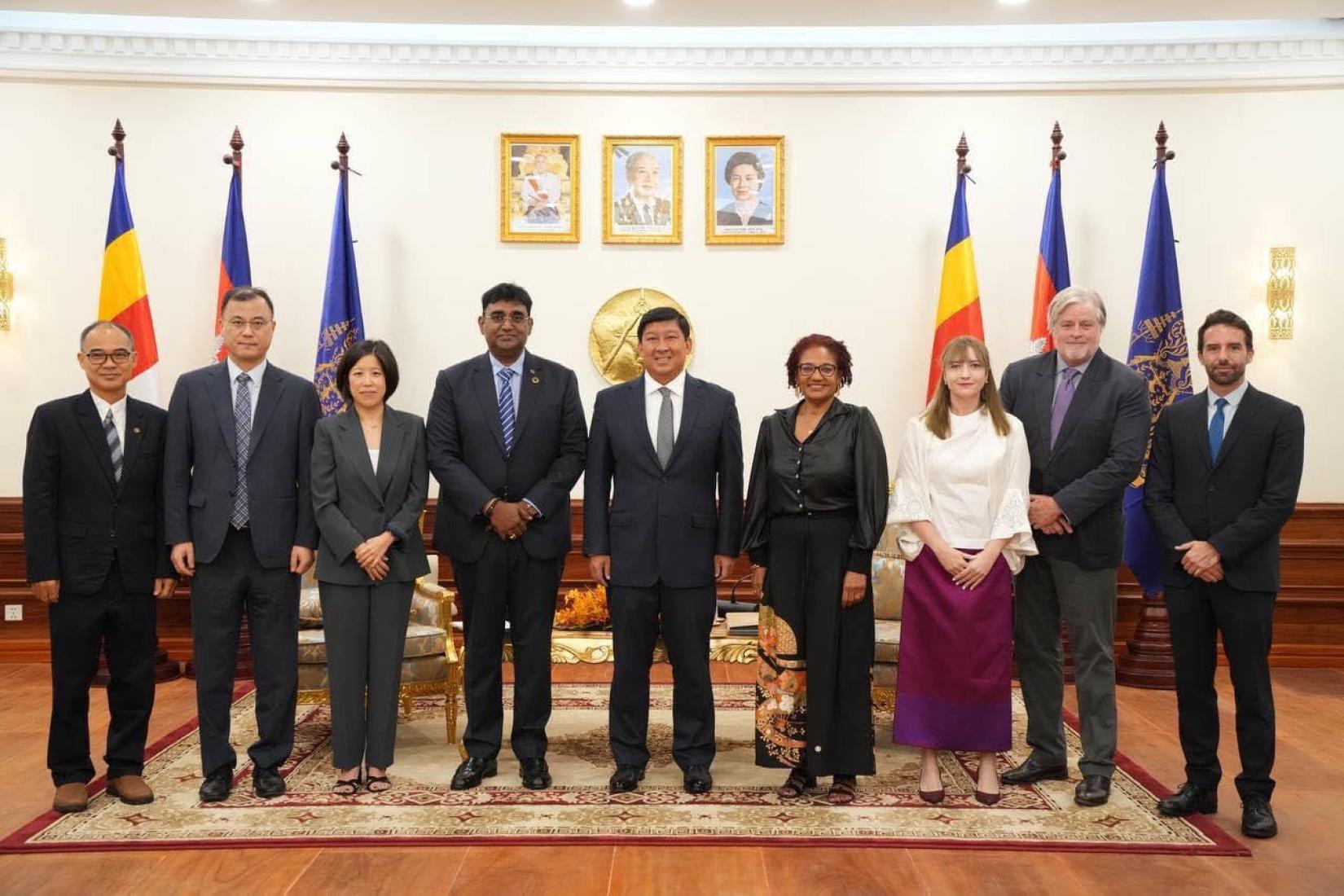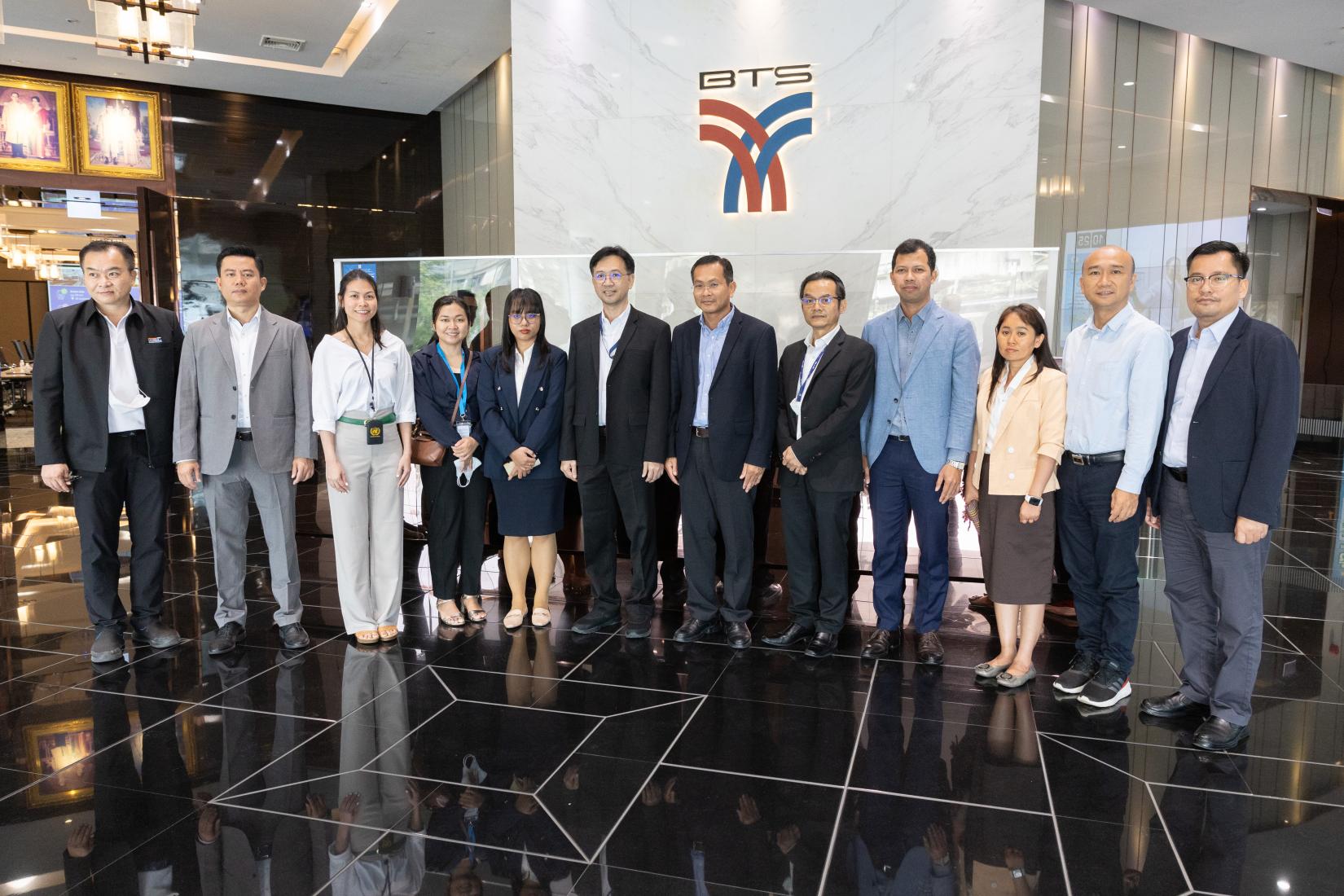Human-Centered Cities for All: An Inclusive and Sustainable Cambodia

Written by UNOPS
Cambodia's cities are undergoing rapid urbanization, with the country's urban population projected to increase by nearly 5% over the next six years, according to the Ministry of Land Management, Urban Planning, and Construction. This significant urban expansion underscores the pressing need for data-driven and people-centered solutions to address the associated challenges and opportunities.
UNOPS recently completed the “Cities for All: Inclusive, Smart, and Sustainable Urban Development in Cambodia” project, which ran from March 2023 to July 2024 at the national level as well as in four targeted cities Phnom Penh, Siem Reap, Battambang & Preah Sihanouk. This initiative was undertaken in collaboration with UN-Habitat and the Ministry of Interior of Cambodia, with funding from the UN Trust Fund for Human Security (UNTFHS). The project was a joint effort to address the needs and challenges of urban residents across the country through strategic assessment, policy development, capacity building and partnerships.
This project integrated the UN's human security framework, prioritizing the needs and well-being of residents. Aligned with Cambodia’s urbanization priorities as outlined in the country’s UN Sustainable Development Cooperation Framework, Cities for All supported the government's goal of building an inclusive and resilient society. It empowered all community members to actively and meaningfully engage in the country’s urban development opportunities, ensuring that their voices and needs were central to the planning process.

Setting blueprint of Cambodia’s urban development
Cambodia's rapid, unplanned urbanization has created significant challenges for its cities, leading to backlogs in essential services, housing shortages, food insecurity, and unemployment, with vulnerable populations bearing the brunt of the problems. The Cities for All project addressed these challenges by conducting a comprehensive assessment to inform a roadmap for future development.
The nationwide assessment was inclusive and participatory, involving the government, communities, businesses, academia, students and other diverse stakeholders. The effort strengthened the capacity of both national and subnational administrations.
His Excellency Mr. Yun Line, Deputy Governor of Siem Reap Province, emphasized the importance of assessing the progress and effectiveness of existing smart city initiatives. He stated, “Lessons learned and successful experiences are essential for informing the policy development of a national roadmap in smart cities.”
The assessment also helped enhance Cambodia’s National Smart Cities Roadmap. This roadmap serves as the blueprint for Cambodia’s urban development as it did not only seek to understand the current urban landscape, but also to pinpoint specific needs and urgent challenges through a people-centered, context-specific, and prevention-oriented urban development strategy.
The findings and recommendations derived from the assessment conducted with state and non-state actors in the four cities were validated through workshops. These validated insights were then consolidated into a comprehensive report, which was shared with the Ministry of Interior to ensure its alignment with Cambodia’s smart city roadmap.
The report was disseminated widely, first through a smart city workshop held on April 30, 2024, in Siem Reap, attended by 150 participants. It was further shared at the National Urban Forum on May 30-31, 2024, in Phnom Penh, which drew 300 participants, including H.E. Say Samal, Cambodia’s Deputy Prime Minister and the Minister of Land Management, Urban Planning and Construction.

Strengthening capacities to build smart cities
While a robust roadmap is essential for building smart cities, it's equally crucial to equip people with the knowledge and skills to implement it. Sub-national governments face significant challenges in keeping pace with rapid urbanization, including a shortage of resources and inadequate policies for managing urban connectivity and digital infrastructure, which are struggling to meet the needs of growing populations.
The Cities for All project enhanced the capacities of key city officials through workshops and a study visit. Two series of workshops engaged nearly 400 stakeholders in four cities, providing them with the tools to launch smart city initiatives at the national and local levels through case studies and technical training.
Additionally, a study visit to Bangkok exposed participants to successful models for addressing urban challenges such as waste management and public transportation, as well as effective government roles in smart city development. These experiences fostered practical learning, knowledge sharing, and the identification of key urban development priorities, ultimately empowering officials to build Cambodia's smart cities.

Partnerships in building smart cities in Cambodia
The assessment and workshops not only increased knowledge and understanding of human security in the context of smart cities but also fostered partnerships among public, private, and development partners to initiate sustainable, inclusive, and smart urban solutions, contributing to post-pandemic economic recovery.
Mr. Bith Chankhan, a senior official from the Ministry of Interior, underscored the significance of partnerships in achieving Cambodia’s vision of future-proof, inclusive, and sustainable cities, saying, “When inspiration meets collaboration, we will transform dreams into a future we want beyond imagination.”
The Cities for All project has laid a strong foundation for building human-centered cities in Cambodia. By prioritizing residents' needs and fostering collaboration, the project has demonstrated the potential to create thriving and resilient urban communities, aligning with the vision of an inclusive and sustainable Cambodia.


